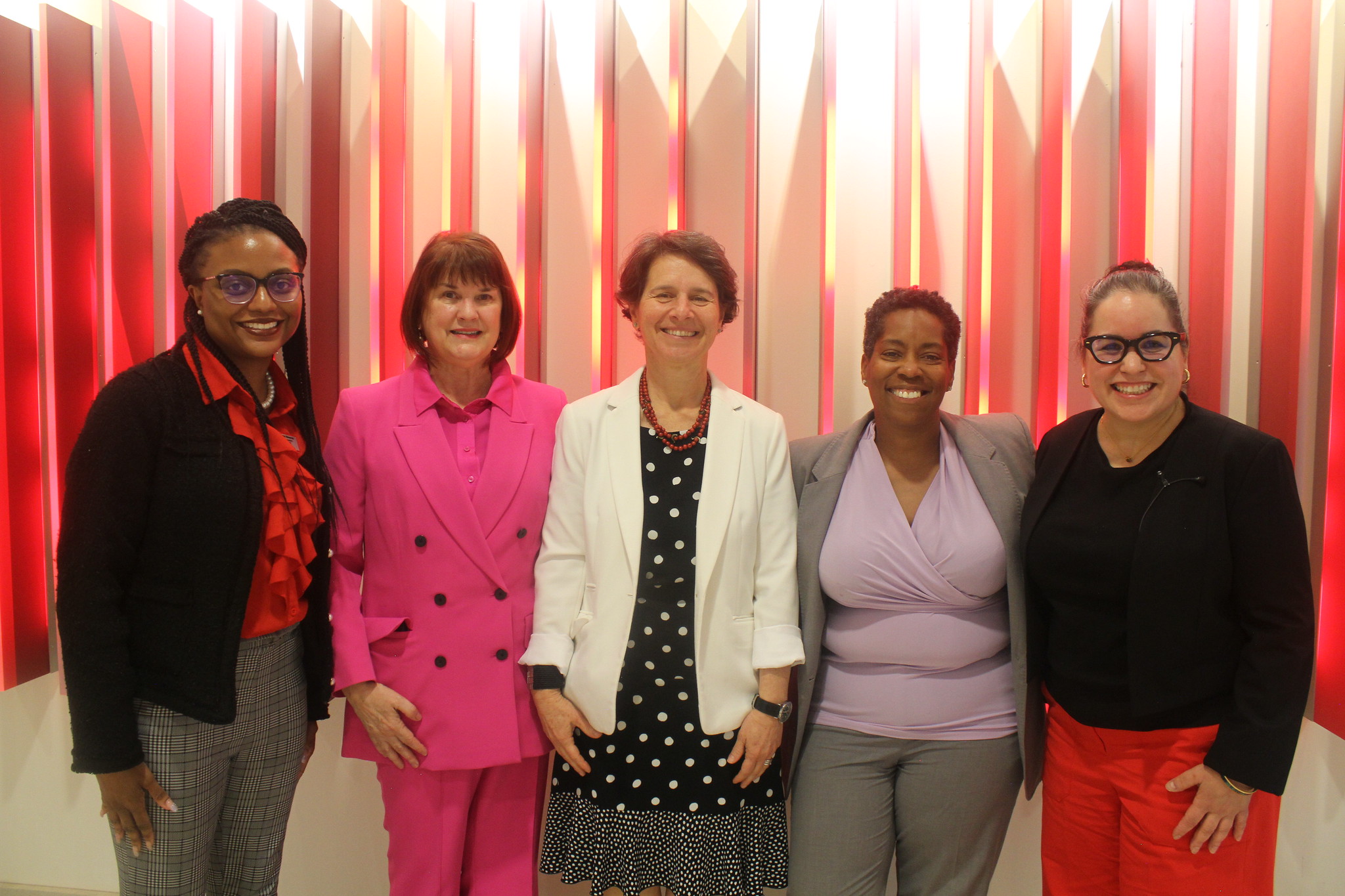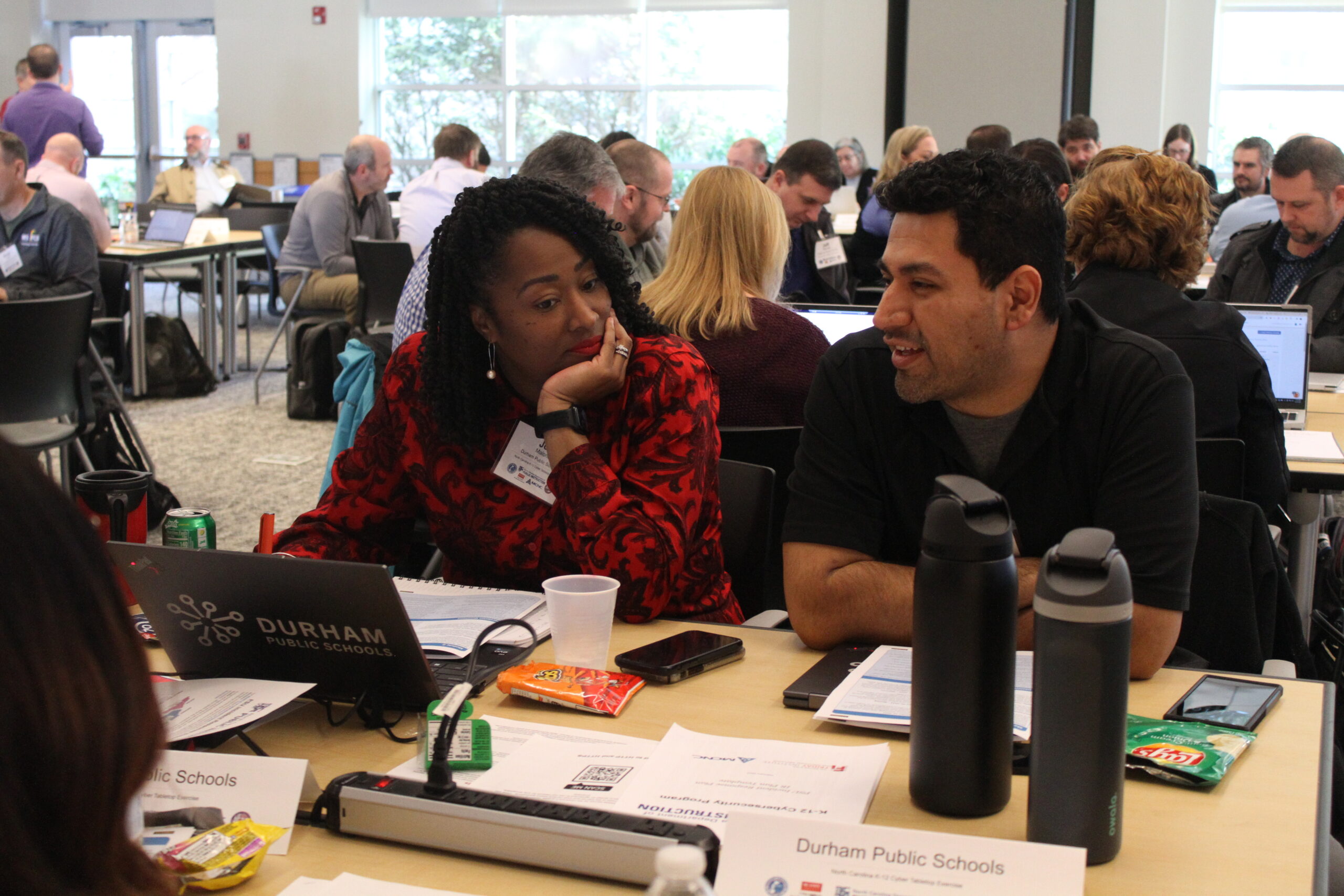Incorporating ‘Unseen Worlds’ Into Wake County Classrooms
November 15, 2013 – On Wednesday, Nov. 13, over 50 Wake County teachers put on their 3D glasses and delved into the invisible universe for a viewing of National Geographic Entertainment’s Mysteries of the Unseen World at Marbles Kids Museum.
Mysteries of the Unseen World is a scientific documentary that uses high-speed and time-lapse photography, electron microscopy, and nanotechnology to reveal “a universe of things, events, creatures, and processes” audiences are likely unaware of, though they are surrounded by them every day.
This world, however, is hardly a mystery to Dr. Gail Jones, a faculty fellow at the Friday Institute for Educational Innovation and the director of the ASSIST Pre-College Education Outreach Program. Jones is investigating how students learn scale and scaling, the role of haptics (touch) in learning, and effective strategies for learning nanoscale science. She has created meaningful partnerships with engineers, scientists and educators to bring new developments and advancements in STEM to North Carolina schools and the public.
“Some of the most exciting advances are taking place at the extremes of scale, from the very large to the very small, thanks to the development of new tools in science and engineering,” said Jones. “The next generation of students need to be familiar with the fundamental concepts that underlie nanoscale science, as they will have the opportunity to pursue careers in nanoscience and nanotechnology. There is no question that these fields will be crucial in future scientific and engineering research.”
Nanoscale science is a topic often left out of the K-12 science curriculum, so Jones and her team, with the help of some local engineers and student-teachers, led a professional development session after the film offering eight tables with different hands-on activities to help the teachers understand and incorporate these concepts into their classrooms.
Education workforce development is one of the four areas of work in educational innovation that the Friday Institute focuses on. Through its connections with programs such as the ASSIST Center, the Institute is uniquely situated to provide professional development opportunities to educators and educational leaders at the state, district, and school levels with the skills necessary for planning and implementing innovative educational programs. These programs enable teachers to use the latest tools and resources to teach 21st century content skills.
The ASSIST Center has developed strategic outreach partnerships with 11 middle and high schools to enhance teachers’ engineering content knowledge and teaching methods, bring nanosystems engineering concepts into the classroom, involve high school students in ASSIST research, and thereby increase the diversity and enrollment of domestic students in university engineering degree programs.
To learn more about the the ASSIST Center, please visit assist.ncsu.edu


